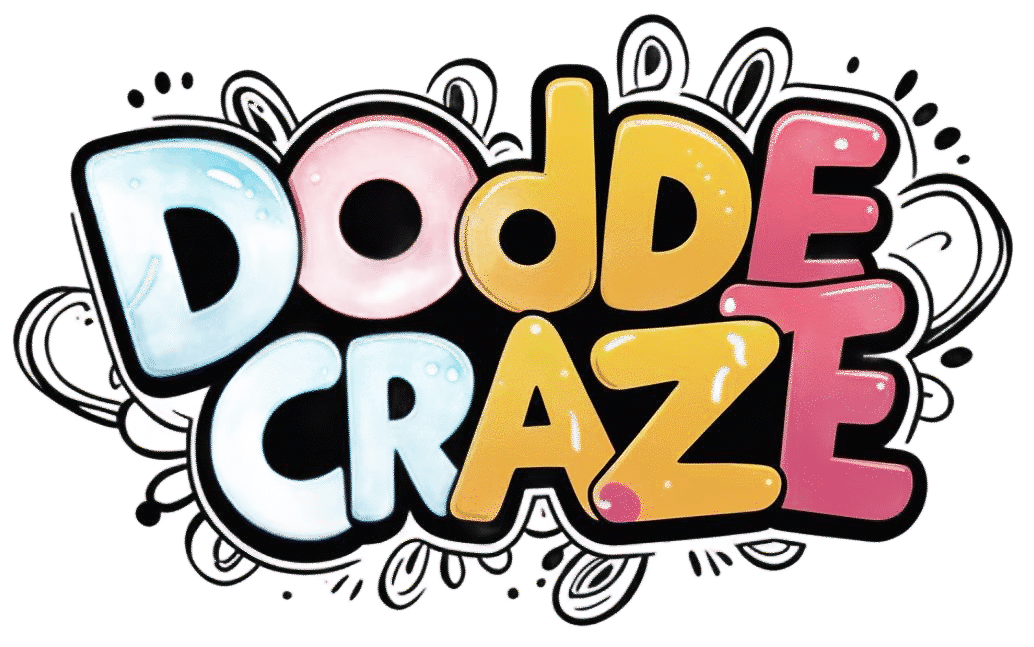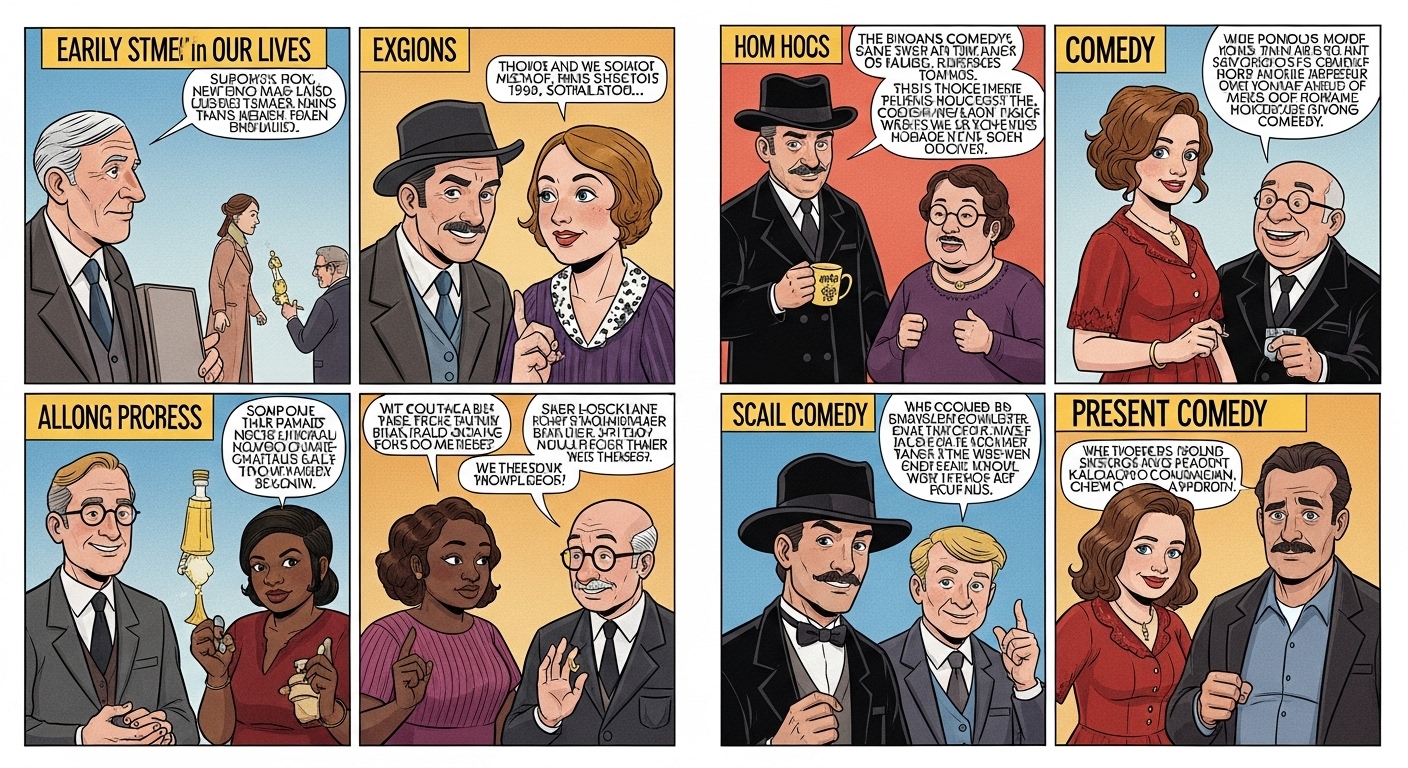Comedy, a genre that has been around since ancient times, never ceases to entertain and enlighten. From the witty banter of Shakespearean plays to the slapstick antics of silent films, comedy has evolved but retained its core mission: to make people laugh. It’s a broad category, including everything from stand-up and sitcoms to movies and improv. In this digital age, where memes and viral videos dominate, comedy remains an essential part of our daily lives.
The Roots of Comedy
Ever wonder where comedy started? Its roots can be traced back to ancient Greece. The word itself comes from “komos,” a Greek term that refers to revelry or celebration. Aristophanes, a playwright from that era, is often credited as one of the earliest comedic writers. His plays, which poked fun at social norms and politics, laid the groundwork for modern satire.
Types of Comedy
Comedy is a diverse genre with various forms and styles:
- Slapstick: Think Charlie Chaplin or Buster Keaton. It relies on physical humor, often exaggerated, and is universally understood because it transcends language.
- Satire: This form critiques society, politics, or individuals by using humor as a tool for commentary. Shows like “Saturday Night Live” or “The Daily Show” often employ this style.
- Parody: This involves mimicking the style of a particular genre or work, sometimes with a humorous twist. Movies like “Scary Movie” series fall under this category.
- Romantic Comedy: Often called rom-coms, these are love stories with a humorous tilt. They highlight the quirks and mishaps of romance.
- Dark Comedy: This form finds humor in subjects that are typically serious or taboo. It’s a delicate balance but can be powerful when done right.
If you’re curious about more types, you can delve deeper into the history and variations of comedy on Wikipedia or explore comprehensive insights at Britannica.
Why We Love Comedy
It’s not just about the laughs. Comedy serves as a coping mechanism, a reflection of society, and a way to bring people together. Laughter, as they say, is the best medicine. It reduces stress, boosts immunity, and even burns calories. Think about the last time you laughed so hard your sides hurt – wasn’t it a relief?
The Science Behind Laughter
When you laugh, your brain releases endorphins, those feel-good chemicals that create a sense of well-being. It’s a natural way to alleviate pain and improve mood. Laughter also induces physical changes in your body – it can stimulate organs, enhance oxygen intake, and increase blood flow.
Comedy in Pop Culture
Comedy has a significant place in pop culture. From classic TV sitcoms like “Friends” and “Seinfeld” to modern hits like “Brooklyn Nine-Nine,” humor is woven into the fabric of our entertainment. Movies like “Superbad” and “The Hangover” have become cultural touchstones, quoted endlessly, and revisited for their comedic genius.
Stand-Up Comedy
Stand-up is perhaps the most direct form of comedy. A comedian on stage, armed with just a microphone and their wit, has the power to captivate an audience. It’s raw, personal, and often reflects the comedian’s own experiences and observations. Notable comedians like Dave Chappelle, Ali Wong, and Jim Gaffigan have mastered this art, making audiences laugh with their unique perspectives.
Comedy and the Internet
The digital age has revolutionized comedy. Platforms like YouTube and TikTok have enabled creators to reach global audiences with just a click. Memes have become a universal language, and viral videos can turn everyday people into comedic celebrities.
For those who enjoy movie-related comedy content, the DoodleCraze movie section is a delightful hub where you can find amusing takes on your favorite films.
Internet Memes and Viral Videos
Memes are the new form of comedic expression. They’re quick, relatable, and easily shareable. A single meme can capture the zeitgeist of a particular moment or sentiment. Similarly, viral videos bring laughter to millions, whether it’s a cat doing something silly or a clever skit by a creative genius.
The Challenges of Comedy
Comedy isn’t all laughs. It’s a delicate art that requires precise timing, an understanding of your audience, and the bravery to push boundaries. In a world where sensitivities vary, comedians often walk a fine line between humor and offense. What’s funny to one person might be hurtful to another.
Controversies and Misunderstandings
Sometimes, jokes miss the mark. Comedians have faced backlash for jokes deemed insensitive or inappropriate. The landscape of what’s considered acceptable is constantly changing, posing challenges to performers who must adapt while staying true to their comedic voice.
| Comedy Type | Notable Examples |
|---|---|
| Slapstick | Charlie Chaplin, “Tom and Jerry” |
| Satire | “The Colbert Report,” “South Park” |
| Parody | “Airplane!”, “Austin Powers” |
| Romantic Comedy | “When Harry Met Sally,” “10 Things I Hate About You” |
| Dark Comedy | “Dr. Strangelove,” “Fargo” |
FAQs on Comedy
- Is comedy subjective?
Yeah, it is. What’s hilarious to one person might not even tickle another’s funny bone. - Who are some iconic comedians?
Depends on the era, but names like Richard Pryor, Robin Williams, and Ellen DeGeneres come to mind. - Why do we laugh at things that aren’t funny to others?
Personal experiences shape our sense of humor. So, it’s all about perspective. - Can comedy be harmful?
It can be if it crosses lines or perpetuates stereotypes. It’s a balancing act. - How has the digital age affected comedy?
Big time. Social media has made comedy more accessible but also more scrutinized.
Comedy, in all its forms, continues to evolve. It’s a mirror to society, sometimes reflecting our best selves, sometimes our worst. But at its core, it reminds us not to take life too seriously. And that’s something we all need now and then.



